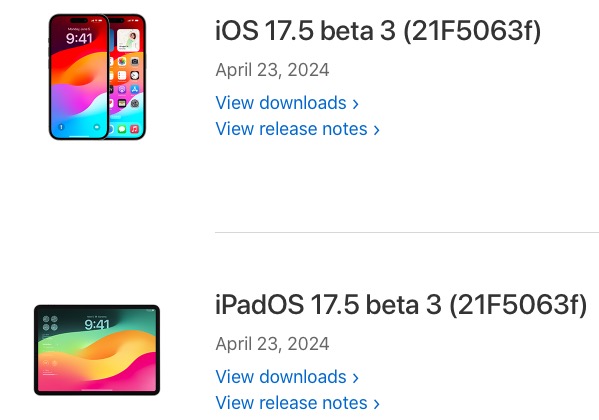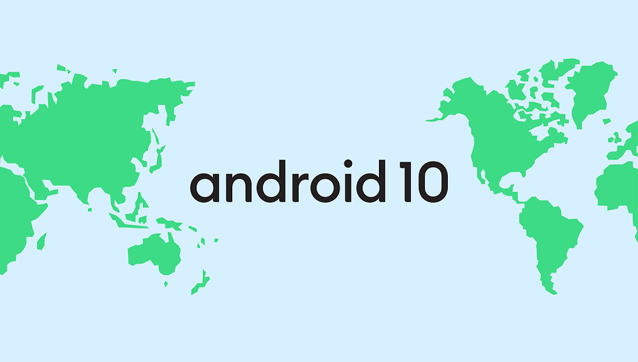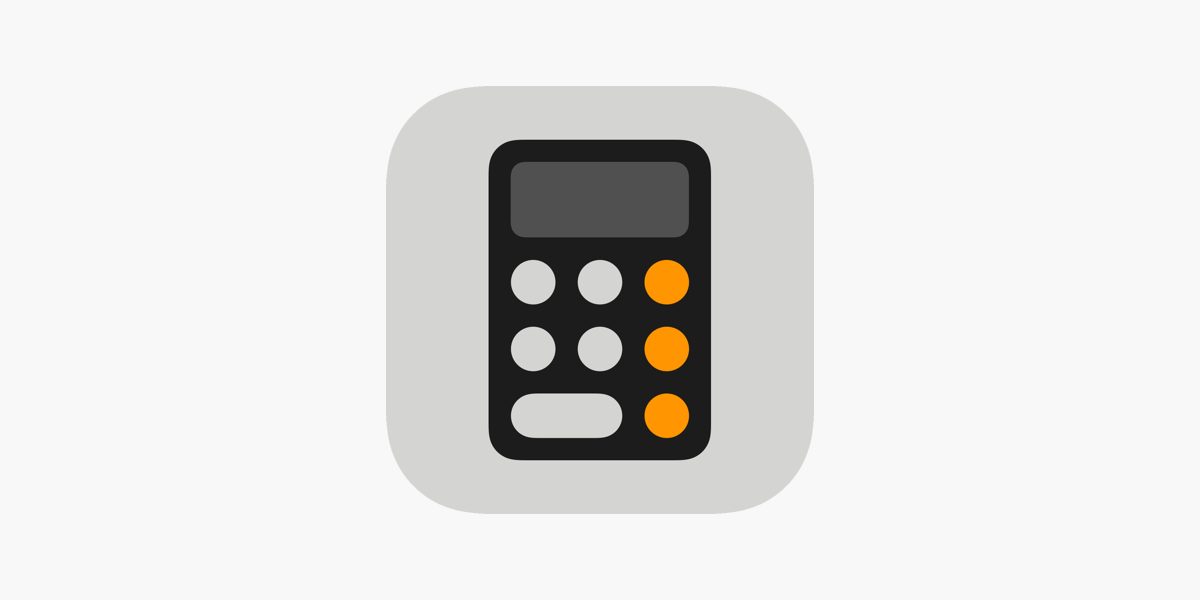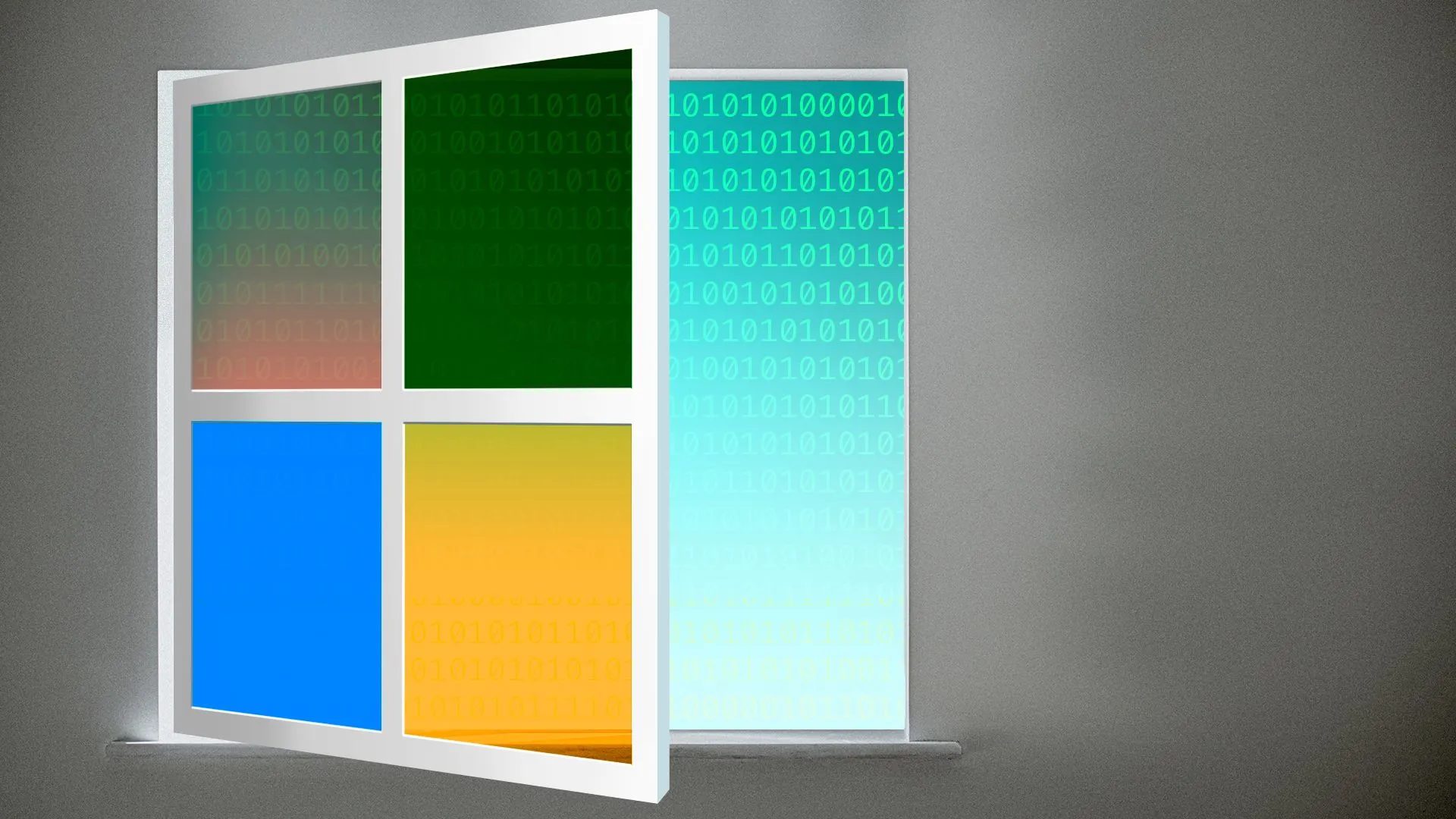
Google Has Paid Out Over $80 Billion USD to Play Store Developers Compared to App Store’s $155 Billion
Google’s Android operating system may have the biggest market share in the world, but if you’re a developer making apps, iOS is clearly where all the money is to be made.

According to a new report from The Verge, Google Play developers have earned more than $80 billion USD to date. By contrast, Apple has paid out $155 billion USD to App Store developers as of January 2020.
The Verge‘s Dieter Bohn explains:
We’ll have analysis of YouTube’s numbers up on the site today, so instead I’ll just pay a little more attention to the Android bit: a total of $80 billion paid out to Android developers, which is significantly less than the $155 billion Apple has paid out via the iOS App Store.
Even if you account for Google allowing developers to use their own payment methods and made a bunch of other caveats, I suspect you can’t avoid the truth. The vast majority of phones on Earth run Android, and yet it is almost surely the case that there’s more money for developers in iPhone apps. That’s always been the conventional wisdom, but Google’s own numbers all but confirm it.
To put the Android vs iOS money difference in comparison, there were 2.5 billion active Android devices in the world as of last summer. Apple currently has about 1.5 billion active devices.
Apple’s payouts to developers have topped Android’s for years. Google allows developers to use their own payment methods, so there is a bit of disparity between the platforms, but not big enough to explain why iOS developers make so much more.
Google hasn’t disclosed the details of the $80 billion USD amount, so we don’t precisely know which regions are the ones where developers earn the most money from. The actual sales figure of applications on the Play Store will be higher, as Google takes a 30 percent cut of all developer sales.
Android continues to be the most popular operating system globally, but equally, smartphone sales are declining in Western markets because of maturity and saturation.

